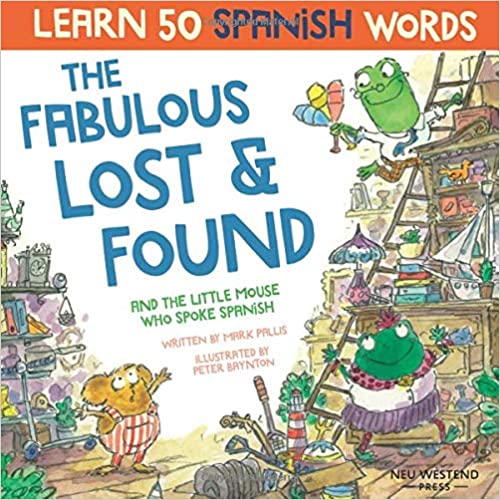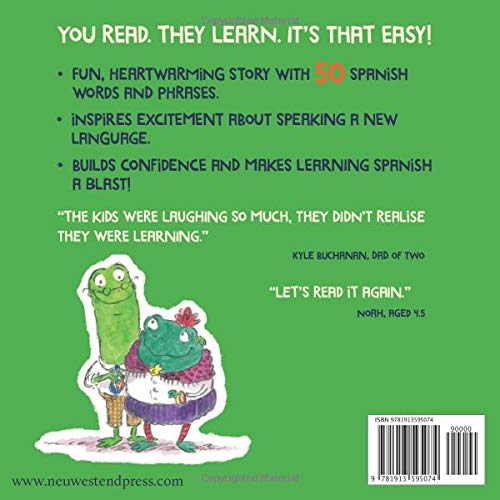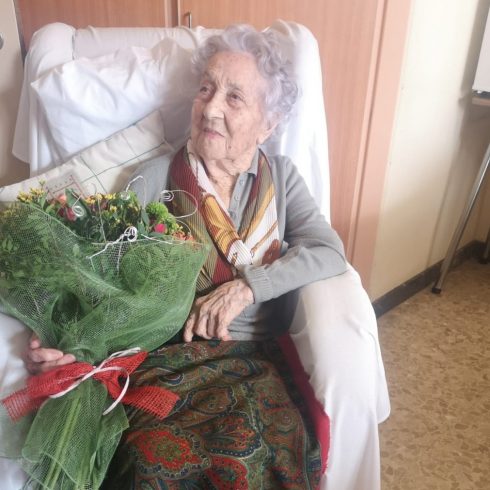TODAY, like never before, as the world transitions through a global pandemic, empathy for those around and unity to fight the virus is fundamental.
COVID-19 has the potential to bring us closer to one another and while often language is a barrier, now is the time to inspire those around us, especially children, to have a love of languages.
Mark Pallis, who is a lifelong lover of languages, and can tell a joke, or sing a song, in about eight different tongues, told the Olive Press: “I feel we need more of that empathy between people from different countries, stories can be a powerful language learning tool.”
Mark was originally a lawyer but switched to the creative sector and devised the award-winning BBC TV drama Garrow’s Law and served as Story Editor over its three series. He has now introduced a groundbreaking new series to introduce Spanish to children, and foster a love of languages.

Aimed at kids aged two to seven, The Fabulous Lost and Found and the Little Mouse Who Spoke Spanish is a children’s language learning book like no other.
It is the first in a series of books using the ‘Story- powered language learning’ method, Mark tells the Olive Press.
Inspired by the latest research in children’s language learning, ‘a child’s first steps in a new language should be a riotously fun experience’
“The Story-powered Language Learning Method taps into a child’s natural abilities and is an effective way to learn and build confidence,” explained Mark.
The author’s charming story teaches children more than just words, it builds empathy and helps lay the foundation for a lifelong love of language.
The story is brought to life through beautiful illustrations by the award-winning animator Peter Baynton, the 2D Animation Director for Paddington 2.

“We create an emotionally engaging and funny story for children and adults to enjoy together, just like any other picture book.” Pallis explains.
“Studies show that social interaction, like enjoying a book together, is critical in language learning.
“Through the story, we introduce a relatable character who speaks only in the new language. This helps build empathy and a positive attitude towards people who speak different languages.
“Both important aspects in laying the foundations for lasting language acquisition in a child’s life.
“Rewarded with laughter; the child feels good and the first seeds of a lifelong love of language are sown.”
Research has shown that the time between a child’s birth and their sixth or seventh birthday is a ‘golden period’ when they are most receptive to new languages.

According to experts, children have an in-built ability to distinguish the sounds they hear and make sense of them during this period.
It’s also well known that children learn best when they feel secure, happy, valued and listened to.
To find out more about how The Story Powered Language Learning Method works, visit www.neuwestendpress.com
Click here to read more Education News from The Olive Press.








